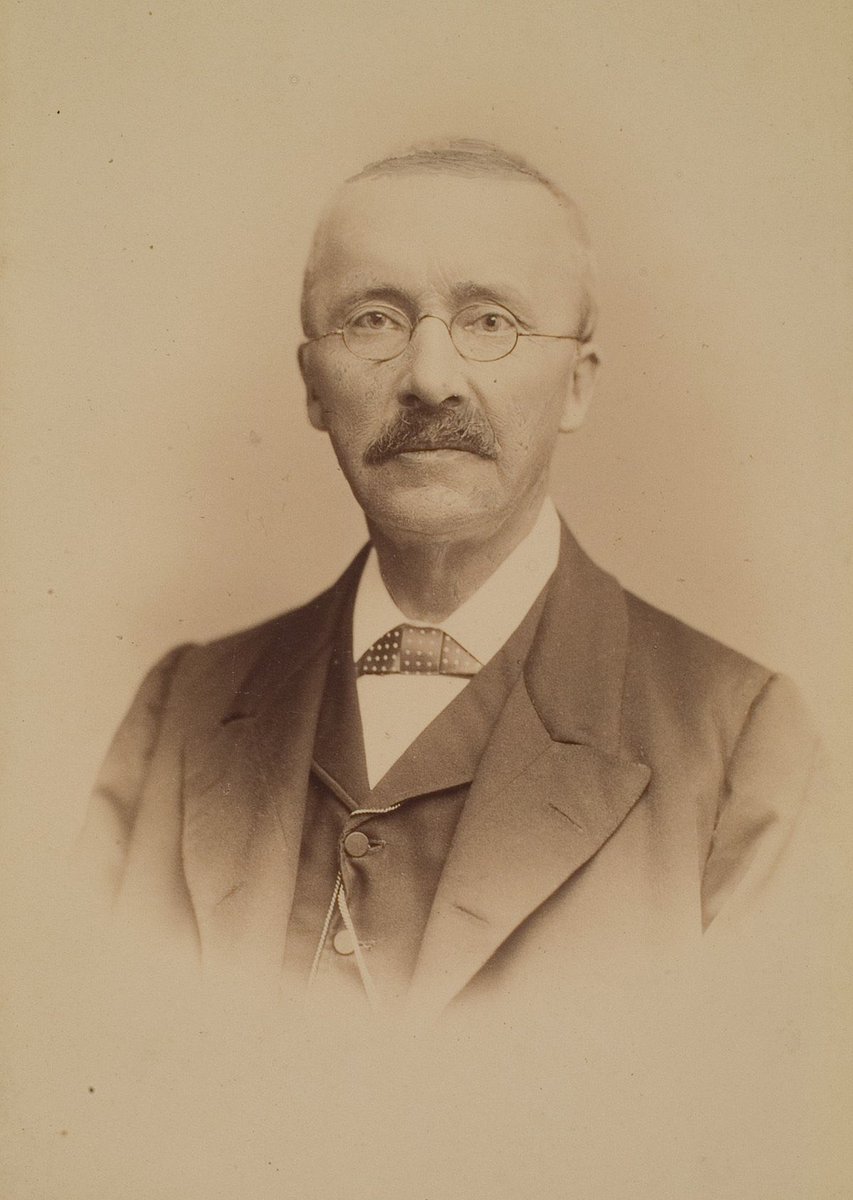alright, so the recent #archaeology news of an Egyptian sarcophagus being opened has shown me how few folks understand the difference between an archaeologist and a looter, so lemme talk about the differences between the two from the perspective of an Arch MA (1/?)
so, a lot of folks only know about archaeology through popular media, namely through Indiana Jones. whilst Indy has inspired a lot of people to become legitimate archaeologists and he holds the title of "Professor", more often than not you see him looting artefacts (2/?)
Indy loots artefacts in order to keep them out of the hands of some nefarious organisation, be it Nazis, the KGB, or a cult. he& #39;s the action-movie equivalent of an archaeologist, getting the MacGuffin, beating the bad guys, and getting the girl. now, onto other characters (3/?)
Lara Croft and Nathan Drake, although not an archaeologists, do much the same thing as Indy: they loot treasure to keep them out of the hands of the bad guys. Drake is unique out of these three, however, because he& #39;s motivated by personal gain as well as saving the world (4/?)
these fictional archaeologists are much more similar to early proto-archaeologists. antiquarians, as they are known, often sought adventure and personal gain through the acquisition of artefacts. it& #39;s through them that the idea of archaeologists as adventurers comes from (5/?)
one of the most infamous was a chap by the name Heinrich Schliemann. Schliemann was a German businessman turned antiquarian who discovered the city of Troy. during his excavations, he used dynamite to "excavate" Troy, destroying numerous artefacts as well as parts of Troy (6/?)
through his "excavation" of Troy, he looted numerous artefacts, such as Priam& #39;s Treasure. portions of this treasure were gifted to his wife (pictured below). although Schliemann did contribute to the advancement of archaeology (as did many antiquarians), (7/?)
their methods often left huge gaps in terms of archaeological knowledge. things such as context (one of the most important things in archaeology) are often lost or poorly recorded. and, ultimately, many put their looted finds into their own private collections or sold them (8/?)
additionally, many antiquarians (as well as early archaeologists) often disrespected ancient sites with ties to contemporary non-European communities, leading to a great deal of mistrust between said communities and archaeologists even to this day (9/?)
moving onto looters, much like antiquarians looters go to sites for personal gain. however, they don& #39;t do so under the guise of academic curiosity. looters often destroy sites by digging numerous pits or digging through features, taking everything of value, and leaving (10/?)
unlike antiquarians, they don& #39;t leave behind a record of what they found (Schliemann, despite his many faults, at least did). looters mostly sell artefacts to black market art auctions, although those that deem themselves "treasure hunters" also keep items for themselves (11/?)
now, moving onto archaeology itself. unlike antiquarianism and early archaeology, modern archaeology is a rigorous process of the application of the scientific method to material history. it is the study of the material past and follows a set of rules and ethics (12/?)
permits are required, funding is needed, and dig periods are limited. archaeologists are trained to excavate and catalogue finds, are required to keep a journal detailing everything they find and where it& #39;s found. more specialised archaeologists go further, (13/?)
training in preserving finds, classifying them, and attributing them to a culture and time period. this includes human remains, such as the #mummy that was recently discovered. unlike with antiquarians and looters, finds are sent to museum and university labs for study (14/?)
much like how doctors don& #39;t receive kickbacks from their profession, archaeologists don& #39;t receive kickbacks from the finds they send to museums. in fact, on average an archaeologist gets paid around $40k a year, although some gov& #39;t positions do offer more (15/?)
of course, this thread doesn& #39;t take into account the still highly European nature of classical archaeology and Egyptology, nor does it take into account the aforementioned distrust of many communities toward archaeologists (16/?)
hopefully this thread helped clear any misunderstandings regarding archaeology, particularly in light of the viral find of an Egyptian mummy
tl;dr: archaeology is a science, not a scavenger hunt (17/17)
tl;dr: archaeology is a science, not a scavenger hunt (17/17)

 Read on Twitter
Read on Twitter



